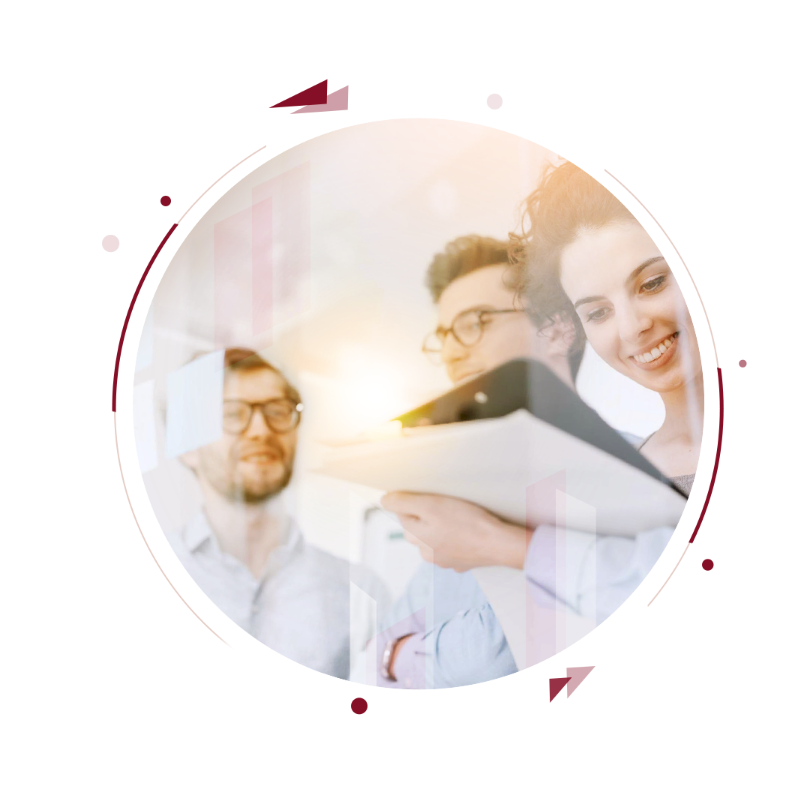Methods and Data AnaLysis (MEDAL) in Biomedical Research
What skills do you gain?

Methods and Data AnaLysis (MEDAL) in Biomedical Research
Who is it aimed at ?

The training provided in MEDAL is of relevance for clinical researchers in universities and hospitals who are involved in "non-profit" and "profit" trials that aim at optimising diagnosis and treatment approaches and also for personnel from CROs (Contract Research Organisations) and public and private research centres and companies involved in biomedical and translational studies.
With the fast development of new technologies, biomedical research has turned into a digitised and data-intensive science. To meet this, we need to develop and train the next generation of medical statisticians and researchers with quantitative skills who can design and implement research in the field of health science.
The need for advanced skills in data science continues to be high in both the public and private sectors, particularly in contexts that emphasise research in public health, clinical medicine, life sciences, biomedicine and biotechnology.
Training objectives:
- To gain experience in the analysis and modelling of data from multiple sources in their application to biomedical research studies.
- To develop precision medicine research studies, including study design and study protocol development, target population, sample size definition, data analysis plan, data collection methods, data management and quality control approaches.
- Learn to implement classical statistical techniques, Bayesian and modern computational methods, and use scientific thinking in the interpretation of results.
- Know how to manage both classical studies (clinical trials) and clinical epidemiology and real-world studies also by integrating clinical big data or molecular biology and genetics in translational research.
- Collaborate and communicate effectively with researchers in related disciplines by developing the ability to work in multidisciplinary teams.


40
STUDENTS
TRAINED

+560
TRAINING
HOURS
PROVIDED

2
EDITION
NUMBER

11
COMPANIES
INVOLVED

%
LEVEL OF SATISFACTION WITH THE COURSE ACCORDING TO AlmaLaurea

%
EMPLOYMENT RATE FOR EACH MASTER ACCORDING TO AlmaLaurea
Professional opportunities

Professionals
The MEDAL Master in Biomedical Research contributes to the technical and scientific training of professionals with a high capacity to design and analyse clinical databases with statistical tools, machine learning and data mining.

Biomedical researcher
The Master contributes to the advanced training of medical statisticians and researchers with quantitative skills who work or want to work in biomedical research.


 280 hours of Lezioni
280 hours of Lezioni

